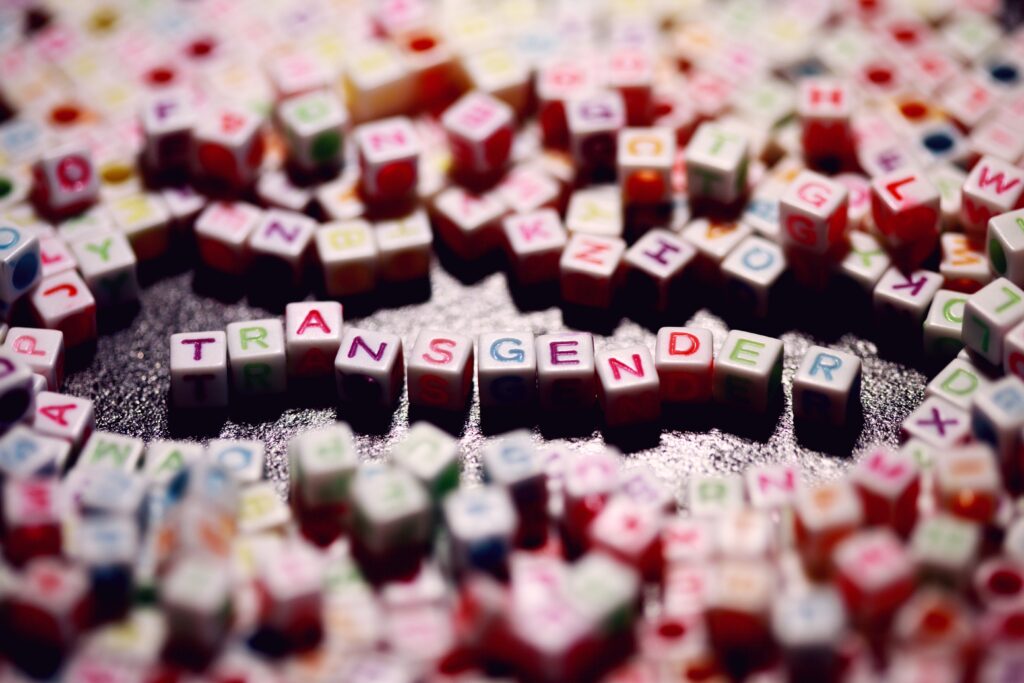What is Transgender? Transgender is a term used for people, both male and female, whose gender identity or gender expression is different from the gender they were assigned at birth.
This gender identity is the persons internal sense of being female, male, both, neither or somewhere on the gender spectrum.
This identity is how transgender, or trans, people present their gender to the world at large and can be through clothing, makeup, hair styles, gender reassignment, behaviour or other means.
Lets be clear on this – Trans Women and Trans Men exist, but transgender is an umbrella term for trans women, usually assigned male at birth, Trans Men, usually assigned women at birth, as well as non binary who’s identity is neither male or female.
Transgender people usually experience some level of gender dysphoria, which is a distress (both mentally and physically) between their gender identity and sex assigned at birth. These are called Body Dysmorphia and Gender Dysphoria.
Gender Dysphoria can be alleviated through transitioning, which typically involves, Social transitioning, legal changes (such as name change), hormonal changes (subject to medical help) and ultimately surgery.
Social transitioning is usually in the form of coming out to friends and family, presenting in the clothing of your chosen gender, makeup, hairstyles, etc.
Legal transitioning is changing your name, and ultimately gender, on legal documents such as driving license, bank accounts, passport. Getting you name changed on medical records in the UK, is difficult because of the NHS lack of care, mainly speed of service and bureaucracy. The NHS medical system is still not geared up for change of name and gender on their system and typically a new NHS medical record will need to be created to accomplish this.
Medical transition is 3 fold and involves, psychological, hormonal treatment and eventually surgery. This can be via the NHS, after a long wait, or privately via private clinics and companies.
Not all transgender people experience gender dysphoria, and not all transgender people choose to transition.
Photo by Alexander Grey on Unsplash
